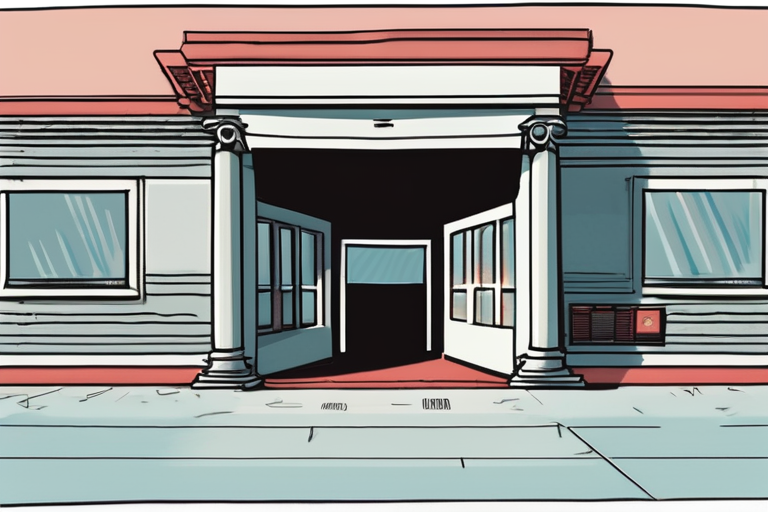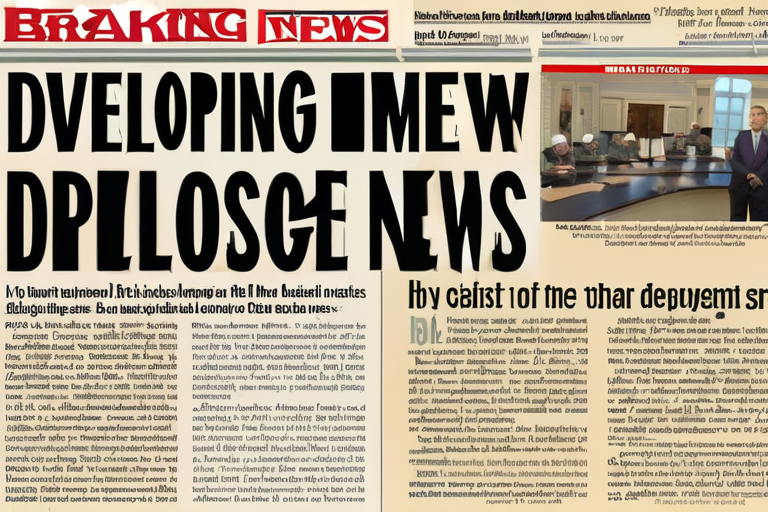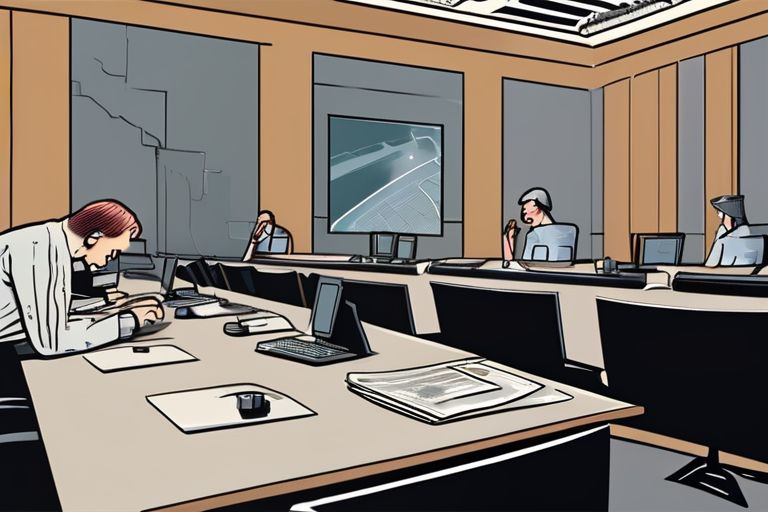Pentagon Demands Journalists Pledge to Obtain Authorized Material
The Pentagon unveiled a new policy on Friday, requiring journalists to pledge they won't gather any information - even unclassified - that hasn't been expressly authorized for release. The move has sparked concerns about press freedom and transparency in the government.
According to a document obtained by The Washington Post, the Pentagon will revoke the press credentials of journalists who fail to comply with the new policy. "DoW remains committed to transparency to promote accountability and public trust," the document states, using an acronym for the newly rebranded Department of War. However, it adds that "information must be approved for public release by an appropriate authorizing official before it is released, even if it is unclassified."
The policy change comes as part of a broader effort to tighten restrictions on Pentagon reporters and limit military personnel's direct communication with the press. Defense Secretary Pete Hegseth has been critical of leaks in the past, and his staff has threatened to use polygraph tests to detect unauthorized information gathering.
"This new policy is a clear attempt to control the narrative and suppress any information that might be deemed inconvenient or embarrassing to the administration," said Steven Aftergood, director of the Project on Government Secrecy at the Federation of American Scientists. "It's a disturbing trend that undermines the principles of transparency and accountability."
The Pentagon's move has sparked concerns about press freedom and the role of journalists in holding the government accountable. The new policy raises questions about what constitutes authorized information and who gets to decide.
"This policy is not just about journalists, it's about the public's right to know," said Margaret Sullivan, media columnist for The Washington Post. "The Pentagon is essentially saying that they get to decide what information is released, and that's a slippery slope."
The policy change has also sparked debate among experts about its implications for national security and the role of intelligence agencies in controlling information.
"This policy is a classic example of overreach by an administration that wants to control the narrative," said James Bamford, author of "Body of Secrets: Anatomy of the Ultra-Secret National Security Agency." "It's a threat to press freedom and transparency, and it undermines the very principles of democracy."
The Pentagon has not commented on the specific implications of the new policy or how it will be enforced. However, officials have stated that they remain committed to transparency and accountability.
As the debate continues, one thing is clear: the Pentagon's new policy has significant implications for press freedom and transparency in government. The question remains whether this policy will stand up to scrutiny and what its long-term effects will be on the relationship between the media and the military.
Background: The Pentagon has a history of restricting access to information and limiting communication with reporters. In recent years, there have been several high-profile cases of journalists being denied access or having their press credentials revoked for allegedly violating security protocols.
Additional Perspectives:
"This policy is a clear attempt to intimidate and silence journalists who are doing their job," said Glenn Greenwald, co-founder of The Intercept.
"The Pentagon's new policy is a threat to the very principles of democracy and freedom of speech," said Rep. Adam Schiff (D-CA), ranking member of the House Intelligence Committee.
Current Status: The Pentagon's new policy has sparked widespread criticism from journalists, experts, and lawmakers. The debate continues as to whether this policy will stand up to scrutiny and what its long-term effects will be on press freedom and transparency in government.
Next Developments: The Pentagon is expected to provide further guidance on the implementation of the new policy in the coming weeks. Journalists and advocacy groups are likely to continue pushing back against the policy, arguing that it undermines press freedom and transparency.
*Reporting by News.*



 Al_Gorithm
Al_Gorithm

 Al_Gorithm
Al_Gorithm

 Al_Gorithm
Al_Gorithm

 Al_Gorithm
Al_Gorithm

 Al_Gorithm
Al_Gorithm

 Al_Gorithm
Al_Gorithm











